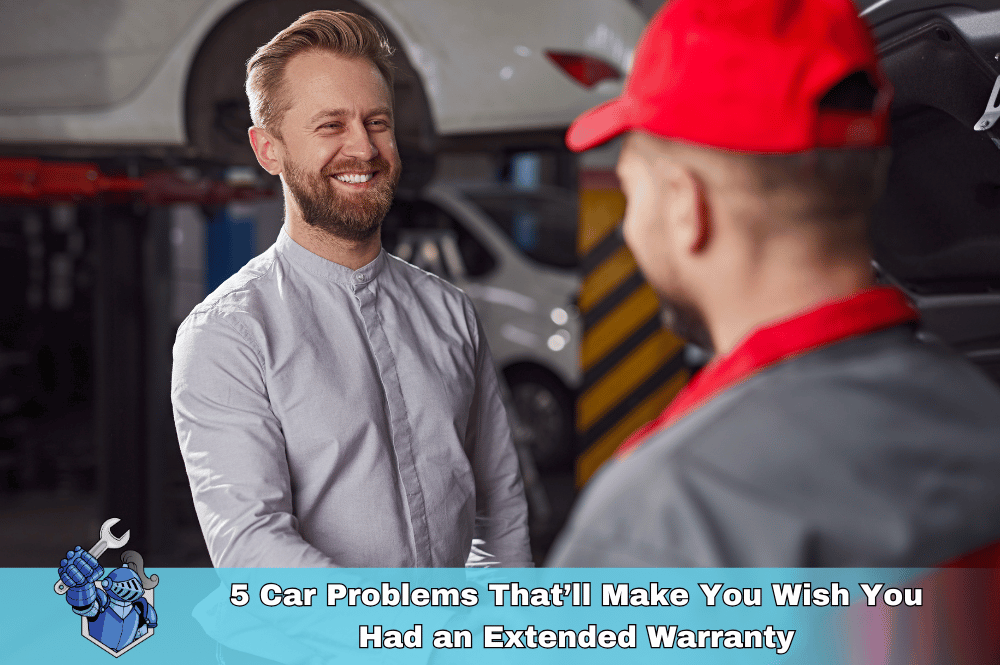Factors include the type of coverage (bumper-to-bumper vs. powertrain), your car's make, model, age, and mileage, the warranty provider, deductible amount, and any additional benefits included in the plan.
When it comes to protecting your vehicle, understanding the cost of a car warranty is crucial. Whether you're driving a new car, a used car, or considering an extended car warranty, knowing what to expect in terms of pricing can help you make an informed decision. In this article, we'll break down the factors that influence car warranty costs, discuss the different types of warranties available, and provide insights into how to choose the best car warranty for your needs.
We'll also explore the benefits of purchasing an automotive warranty, the potential pitfalls of car warranty scams, and how NobleQuote can offer you peace of mind driving with their affordable car warranty options.
What Influences the Cost of a Car Warranty?
The cost of a car warranty varies based on several factors. Here are the key elements that influence the price:
- Type of Warranty: There are different types of vehicle warranties, each offering varying levels of coverage. A basic powertrain warranty will generally cost less than a comprehensive bumper-to-bumper warranty. Extended car warranties typically cost more than factory warranties due to the broader coverage they provide.
- Vehicle Make and Model: The make and model of your car significantly affect the warranty cost. Luxury vehicles or models known for expensive repairs usually come with higher warranty prices. On the other hand, vehicles with a reputation for reliability may have more affordable warranty options.
- Vehicle Age and Mileage: New car warranties are often less expensive because newer vehicles are less likely to experience significant issues. However, used car warranties or extended warranties for older vehicles with higher mileage can be more costly, reflecting the increased risk of repairs.
- Coverage Level: The extent of the car warranty coverage you choose will also impact the cost. A comprehensive plan that includes coverage for electronics, air conditioning, and other premium components will be pricier than a basic plan covering only the engine and transmission.
- Deductibles: Warranties with higher deductibles typically have lower upfront costs. However, you will pay more out of pocket when making a claim. Lower deductible plans, while more expensive initially, reduce your financial burden during repairs.
- Warranty Provider: Different providers offer varying rates based on their pricing structures, brand reputation, and the specific services they include. For instance, NobleQuote offers competitive rates and flexible plans, making it an excellent option for those seeking the best car warranty.
Types of Car Warranties and Their Costs
Understanding the types of car warranties available can help you decide which one best suits your needs. Here's a breakdown:
- Factory Warranty: Included with new cars, factory warranties cover specific parts and systems for a set period or mileage. The cost is typically factored into the vehicle's purchase price.
- Extended Car Warranty: Offered by manufacturers or third-party providers like NobleQuote, extended warranties cover your vehicle after the factory warranty expires. Prices vary based on the coverage level, vehicle type, and provider.
- Powertrain Warranty: This type of warranty covers essential components like the engine, transmission, and drivetrain. It's generally more affordable than full-coverage plans but offers limited protection.
- Bumper-to-Bumper Warranty: Also known as a comprehensive warranty, this plan covers almost every part of your vehicle, excluding regular wear-and-tear items. It's the most expensive but provides the most extensive protection.
- Used Car Warranty: Specifically for pre-owned vehicles, used car warranties are often pricier due to the increased likelihood of repairs. However, they are essential for safeguarding your investment in a used vehicle.
How to Choose the Best Car Warranty
When selecting a car warranty, it's essential to consider your vehicle's specific needs, your budget, and the level of protection you require. Here are some tips:
- Assess Your Vehicle's Reliability: If your car is known for reliability, a basic or powertrain warranty might suffice. However, if your vehicle has a history of repairs, investing in a more comprehensive plan could save you money in the long run.
- Consider Your Driving Habits: If you drive long distances regularly, an extended warranty with higher mileage limits might be necessary. On the other hand, if you only drive short distances, a standard factory warranty may be enough.
- Compare Coverage Options: Not all warranties are created equal. Compare car warranty coverage from different providers to ensure you're getting the best protection for your needs.
- Check for Exclusions: Be aware of what the warranty does not cover. This could include routine maintenance, wear-and-tear items, or certain types of damage. Understanding these exclusions can help you avoid unexpected costs.
- Evaluate the Provider's Reputation: Look for car warranty reviews to gauge the provider's reliability and customer satisfaction. NobleQuote, for instance, has a strong reputation for transparency, affordability, and comprehensive coverage options.
The Benefits of a Car Warranty
A vehicle warranty offers several advantages that can make the investment worthwhile:
- Financial Protection: A car warranty shields you from unexpected repair costs, which can be especially beneficial for expensive repairs like engine or transmission failures.
- Peace of Mind: Knowing that your vehicle is covered can reduce stress and give you confidence on the road, allowing you to enjoy driving without worrying about potential breakdowns.
- Increased Resale Value: A car with a transferable warranty can be more attractive to potential buyers, often leading to a higher resale value.
- Convenience: Many warranties include additional perks like 24/7 roadside assistance, towing, and rental car coverage, making it easier to handle emergencies.
- Comprehensive Coverage: Depending on your plan, you may also get coverage for electronics, air conditioning, and other components not included in basic warranties.
Car Warranty Scams to Watch Out For
Unfortunately, the car warranty industry is not without its pitfalls. To avoid falling victim to scams, keep the following in mind:
- Unsolicited Calls: Be wary of unsolicited calls or emails offering you a warranty. Reputable companies like NobleQuote won't pressure you into making a decision without giving you time to research and compare options.
- Too-Good-to-Be-True Offers: If a warranty offer seems unbelievably cheap, it likely comes with limited coverage or hidden fees. Always read the fine print and understand what you're paying for.
- Lack of Transparency: Reliable providers should be upfront about their terms, conditions, and pricing. If a company is vague or refuses to provide details, consider it a red flag.
DIY Car Repair and Car Maintenance Tips
While a car warranty offers excellent protection, regular maintenance and DIY repairs can help extend your vehicle's lifespan and reduce the need for costly repairs. Here are some tips:
- Routine Maintenance: Follow your car manufacturer's recommended maintenance schedule. Regular oil changes, tire rotations, and brake inspections can prevent larger issues down the road.
- Learn Basic Repairs: Familiarize yourself with simple DIY car repairs, like changing a flat tire, replacing windshield wipers, or checking fluid levels. These tasks can save you money and keep your car in good shape.
- Invest in Quality Parts: If you need to replace parts, opt for high-quality components. While cheaper alternatives might save you money upfront, they could lead to more significant issues later on.
- Stay Informed: Keep up with car maintenance tips and best practices. Knowledge is power, and understanding how to care for your vehicle can help you avoid breakdowns and ensure it runs smoothly.
Protect Your Car with NobleQuote
At NobleQuote, we understand the importance of protecting your vehicle with a reliable and affordable car warranty. Our NobleQuote warranty plans are designed to provide you with the best car warranty coverage at a price that fits your budget. Whether you're looking for a comprehensive plan or something more basic, we have options to suit every driver's needs.
Plus, with our commitment to transparency and customer satisfaction, you can trust NobleQuote to deliver top-notch service and peace of mind driving. Don't just take our word for it—check out NobleQuote reviews from satisfied customers who have experienced the benefits of our car warranty firsthand.
Conclusion
Understanding the cost of a car warranty and choosing the right plan can save you from unexpected expenses and provide peace of mind on the road. Whether you're considering a new car warranty, used car warranty, or extended car warranty, it's essential to weigh your options and select a provider you can trust. NobleQuote offers affordable car warranty plans with excellent coverage, making it easier than ever to protect your vehicle and enjoy worry-free driving.
For those who want to delve deeper into the subject, resources such as Consumer Reports and Edmunds offer valuable insights into car warranty comparisons and reviews.
By choosing the right car warranty and maintaining your vehicle, you can ensure a smooth and trouble-free driving experience for years to come.
Car Warranty Costs: Your Questions Answered
What factors influence the cost of a car warranty?
How much does a typical car warranty cost?
On average, expect to pay between $1,000 to $4,000 for an extended warranty, with monthly payments ranging from $50 to $200.
Are extended warranties worth the cost?
It depends on your individual circumstances. If you have an older car prone to repairs or want peace of mind against unexpected costs, it might be worth it.
What's the difference between a manufacturer's warranty and a third-party warranty?
A manufacturer's warranty is offered by the carmaker, while a third-party warranty is from an independent company. Third-party warranties might offer more flexibility but could have limitations on repair shops.
Can I negotiate the price of a car warranty?
Yes, prices are often negotiable, especially when buying from a dealership. Shop around and compare quotes from different providers to get the best deal.
What should I look for when comparing car warranties?
Consider coverage levels, exclusions, deductibles, repair shop options, customer service ratings, and cancellation policies.
When is the best time to buy a car warranty?
Ideally, purchase an extended warranty before your factory warranty expires. However, you can still buy one later, but it might be more expensive or have limited coverage.
Can I cancel my car warranty?
Most warranties offer a cancellation period, typically 30 to 60 days, with a prorated refund. Check the specific terms of your contract.
What happens if I sell my car with an extended warranty?
You can usually transfer the warranty to the new owner, which can increase the car's resale value.
How do I file a claim on my car warranty?
Contact your warranty provider and follow their claims process. You'll likely need to provide information about the repair and take your car to an authorized repair shop.
Suggestions for you
Read MoreLet’s work together
Every week we showcase three charitable organizations that our donations are sent to. Our clients are able to choose which of these three will receive their gift when they add coverage to their vehicle...

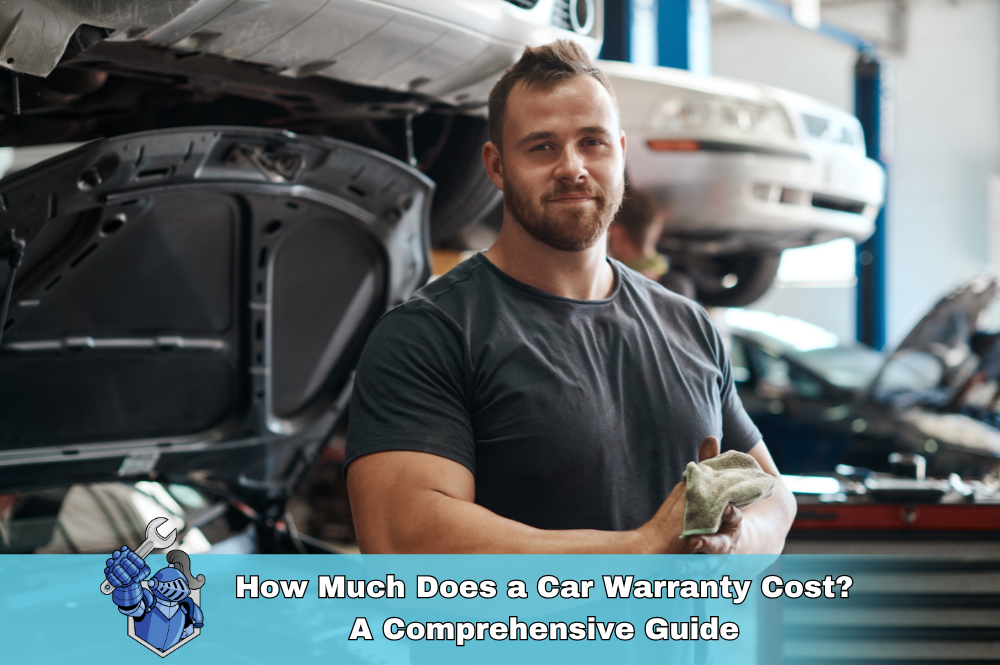
 Dealer vs. Local Mechanic: Where Should You Take Your Car for Repairs?
Dealer vs. Local Mechanic: Where Should You Take Your Car for Repairs? Stranded on the Sidelines: Your Essential Guide to Roadside Breakdowns & Staying Safe
Stranded on the Sidelines: Your Essential Guide to Roadside Breakdowns & Staying Safe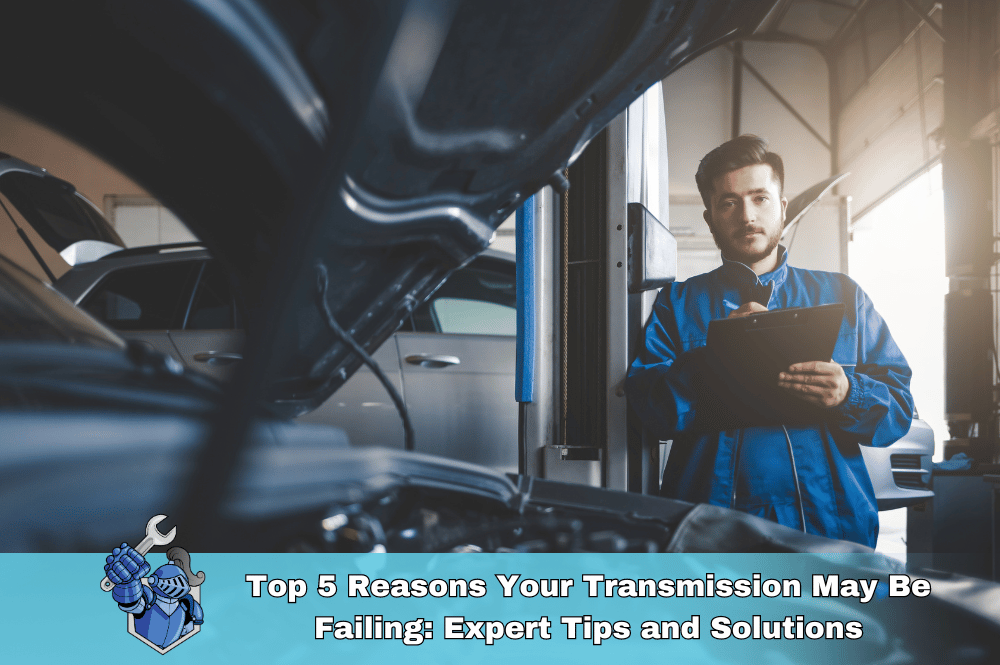 The Essential Guide to Car Maintenance: How to Keep Your Vehicle Running Smoothly
The Essential Guide to Car Maintenance: How to Keep Your Vehicle Running Smoothly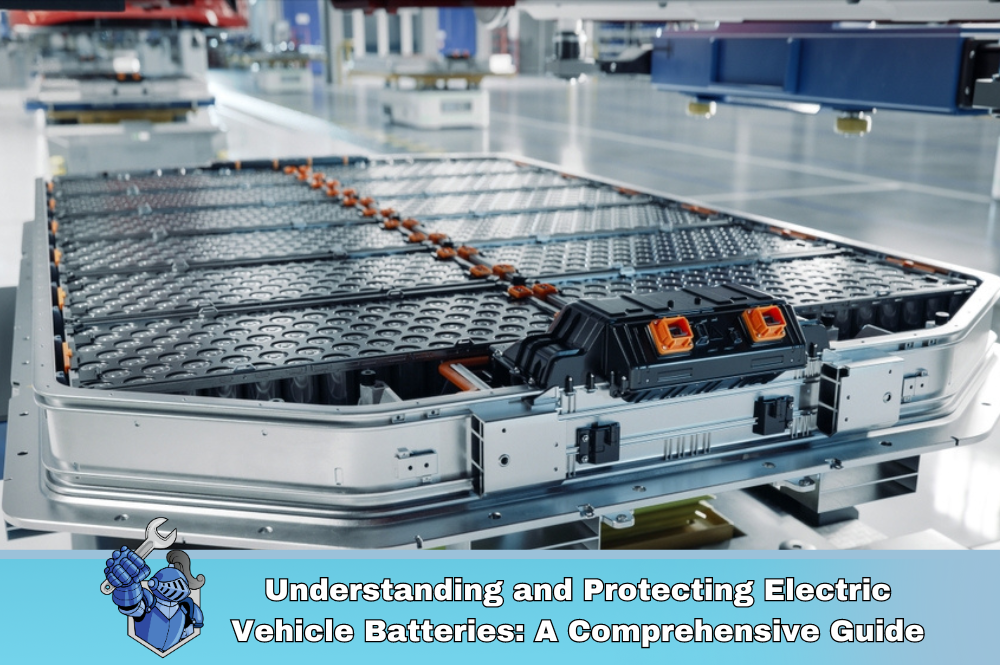 Understanding and Protecting Electric Vehicle Batteries: A Comprehensive Guide
Understanding and Protecting Electric Vehicle Batteries: A Comprehensive Guide The Pros of an Extended Warranty: Why It’s Worth the Investment
The Pros of an Extended Warranty: Why It’s Worth the Investment Understanding Exclusionary vs. Inclusionary Vehicle Breakdown Protection
Understanding Exclusionary vs. Inclusionary Vehicle Breakdown Protection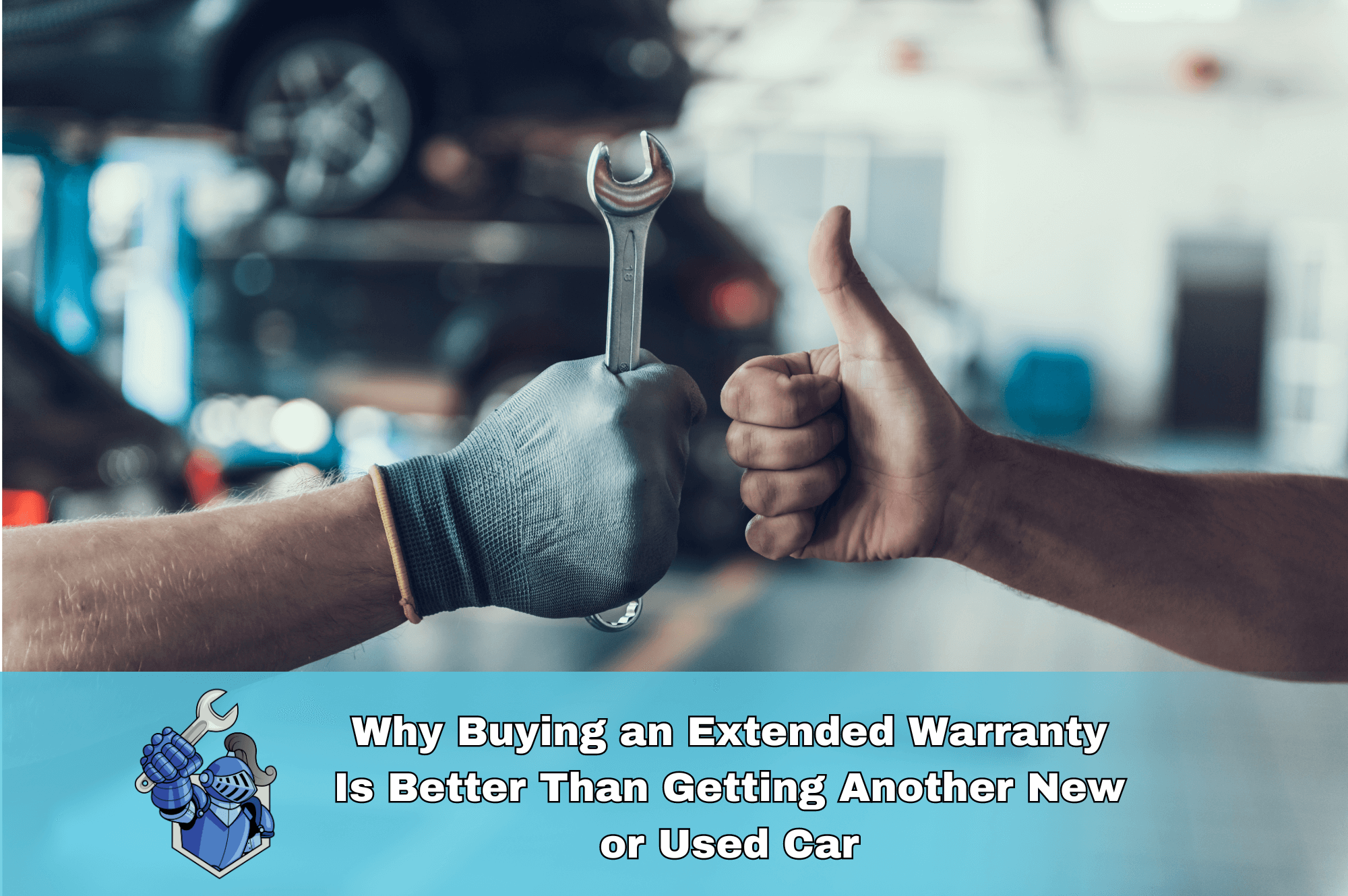 Why Buying an Extended Warranty Is Better Than Getting Another New or Used Car
Why Buying an Extended Warranty Is Better Than Getting Another New or Used Car How to Get an Extended Car Warranty Quote: Fast Service, Zero Hassle, Total Peace of Mind with NobleQuote
How to Get an Extended Car Warranty Quote: Fast Service, Zero Hassle, Total Peace of Mind with NobleQuote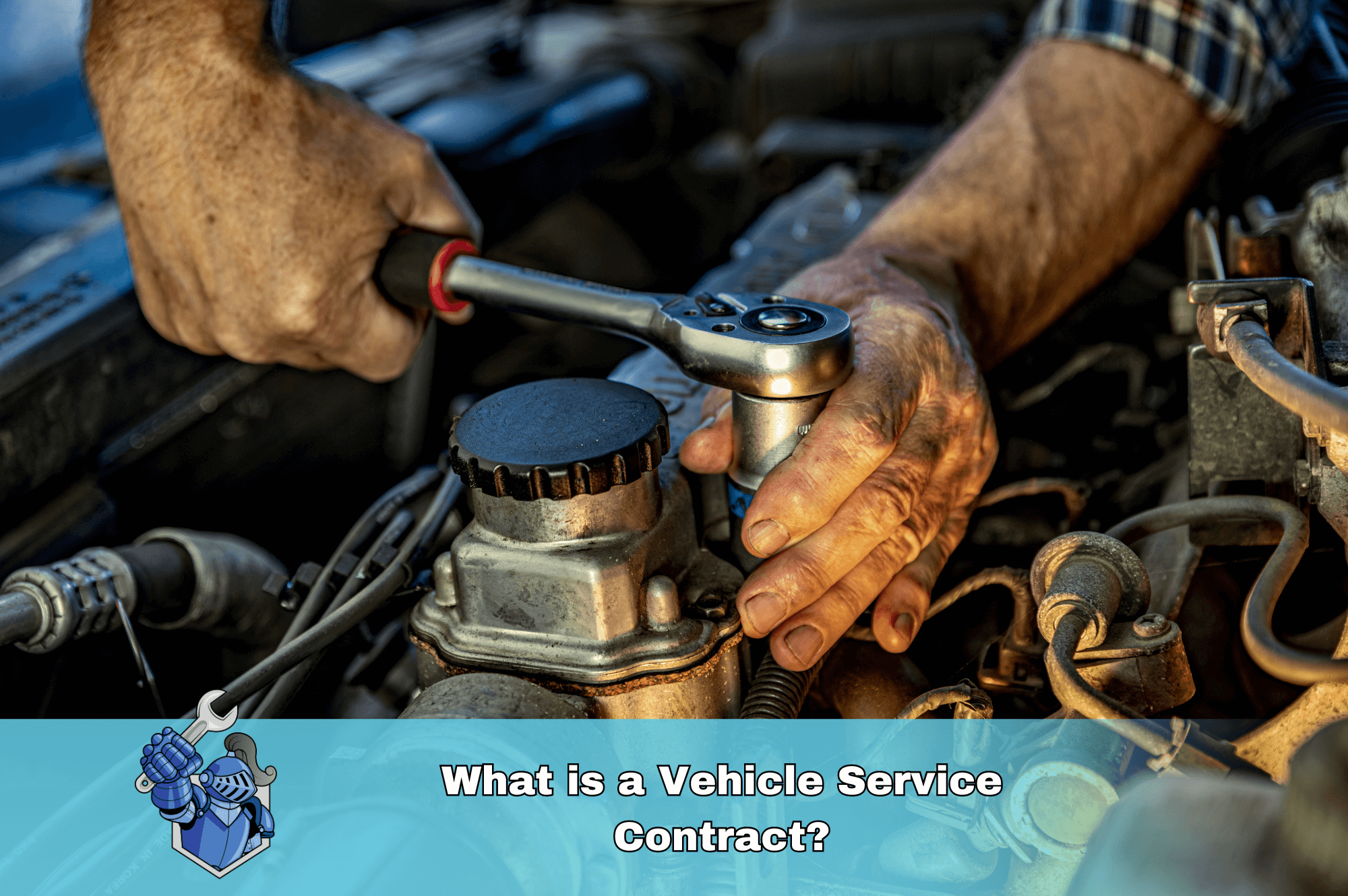 What is a Vehicle Service Contract?
What is a Vehicle Service Contract? Top 10 Things Your Mechanic Doesn't Want You to Know (But You Need To!)
Top 10 Things Your Mechanic Doesn't Want You to Know (But You Need To!) The Pros and Cons of Dealership vs Independent Repair Shops
The Pros and Cons of Dealership vs Independent Repair Shops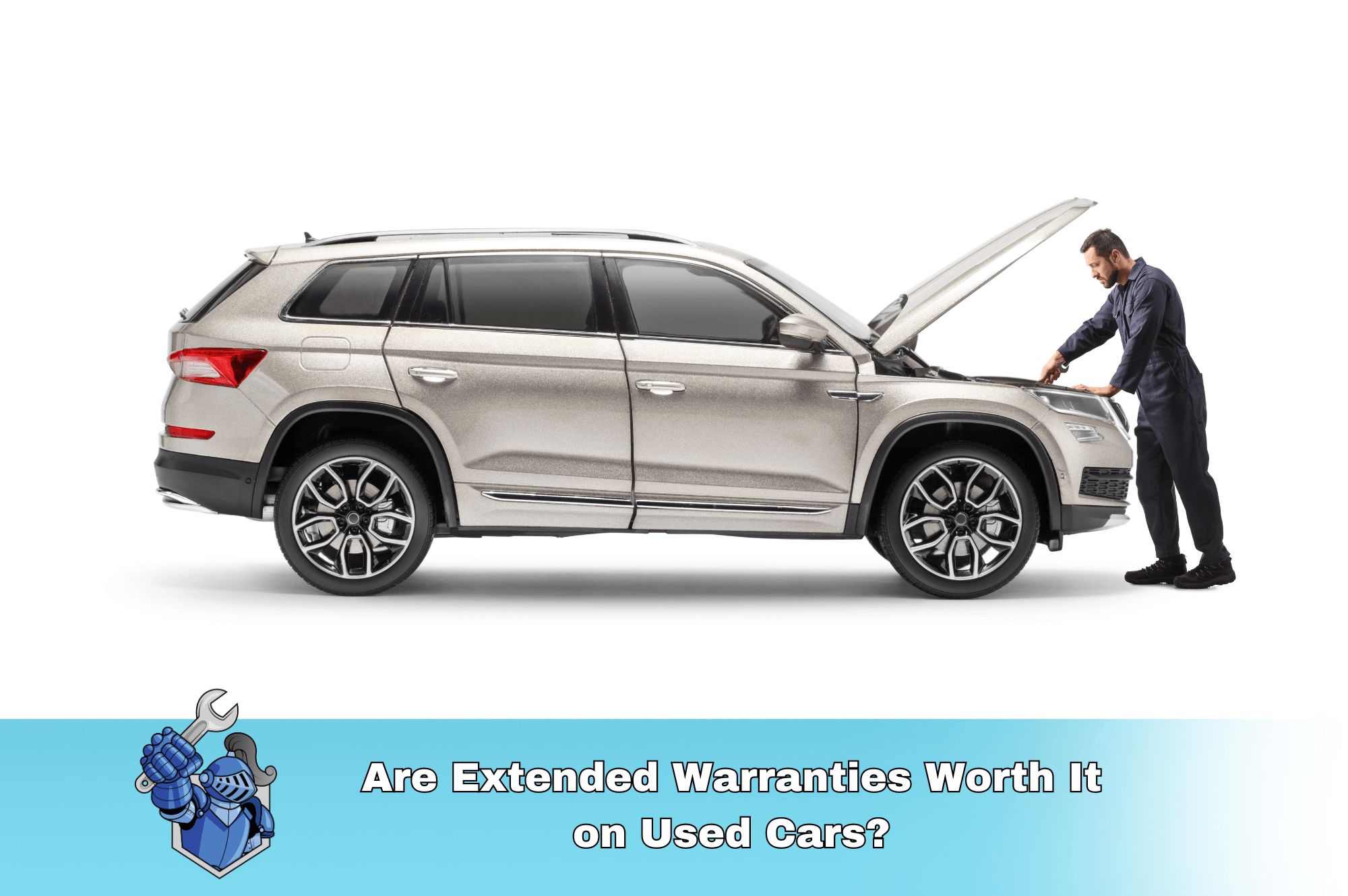 Are Extended Warranties Worth It on Used Cars? The Truth About Protecting Your Investment
Are Extended Warranties Worth It on Used Cars? The Truth About Protecting Your Investment How to Determine If You Need an Extended Car Warranty
How to Determine If You Need an Extended Car Warranty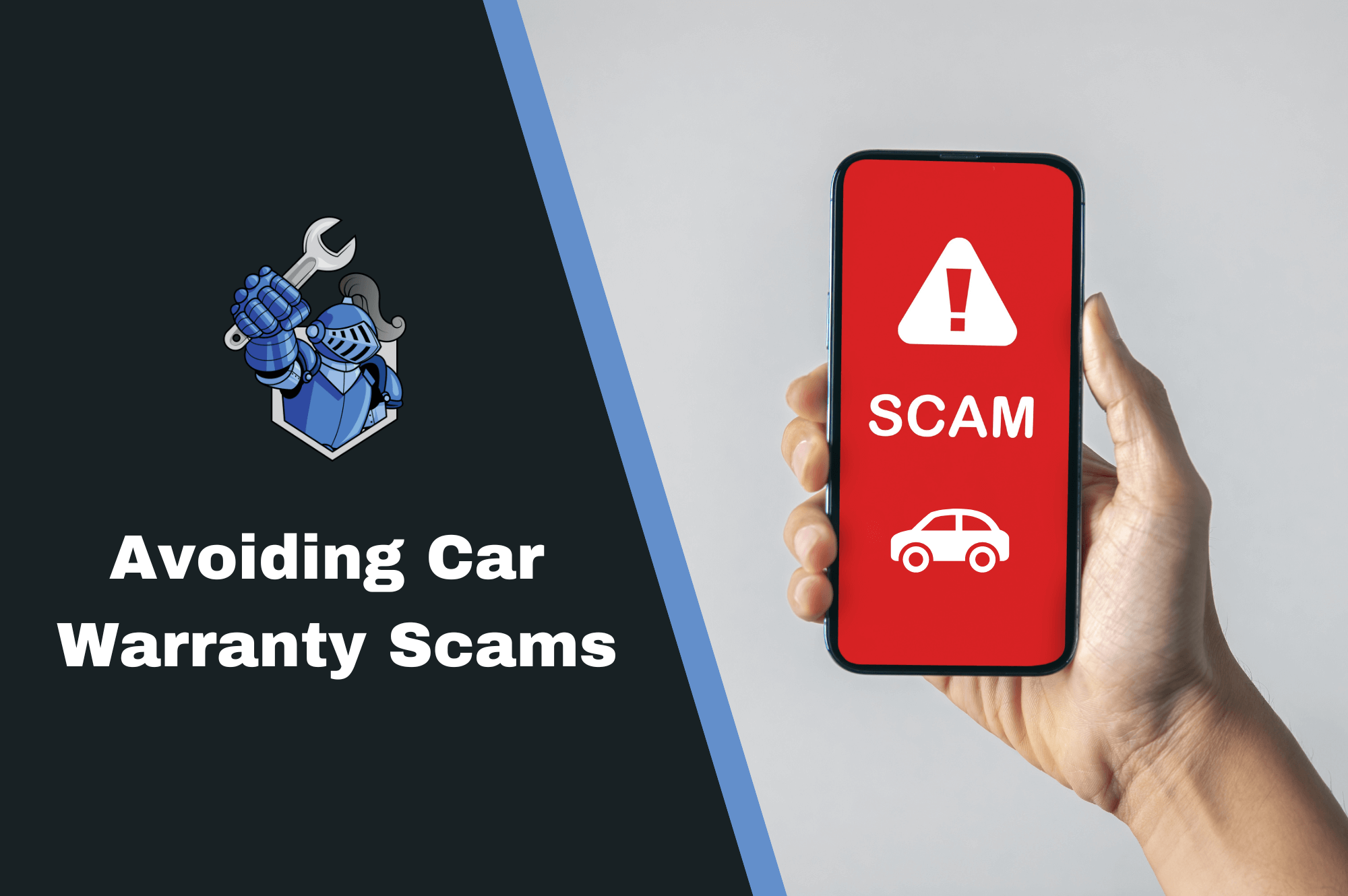 Identifying Trustworthy Warranty Companies: Avoiding Car Warranty Scams
Identifying Trustworthy Warranty Companies: Avoiding Car Warranty Scams Maximizing Vehicle Protection: Top 10 Extended Warranty Benefits For New Car Owners
Maximizing Vehicle Protection: Top 10 Extended Warranty Benefits For New Car Owners Extend Your Factory Warranty With Vehicle Breakdown Protection
Extend Your Factory Warranty With Vehicle Breakdown Protection Extended Warranty Myths And Misconceptions Debunked
Extended Warranty Myths And Misconceptions Debunked Extended Warranty Tips For First-Time Buyers
Extended Warranty Tips For First-Time Buyers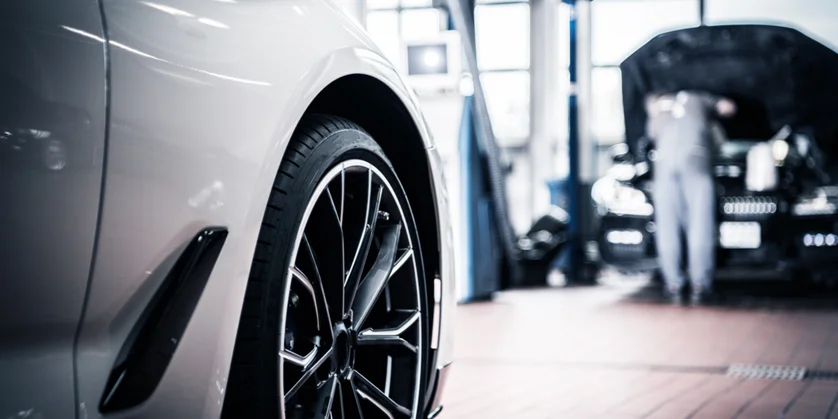 Manufacturers Vs. Third-Party Extended Car Warranties: A Comparison
Manufacturers Vs. Third-Party Extended Car Warranties: A Comparison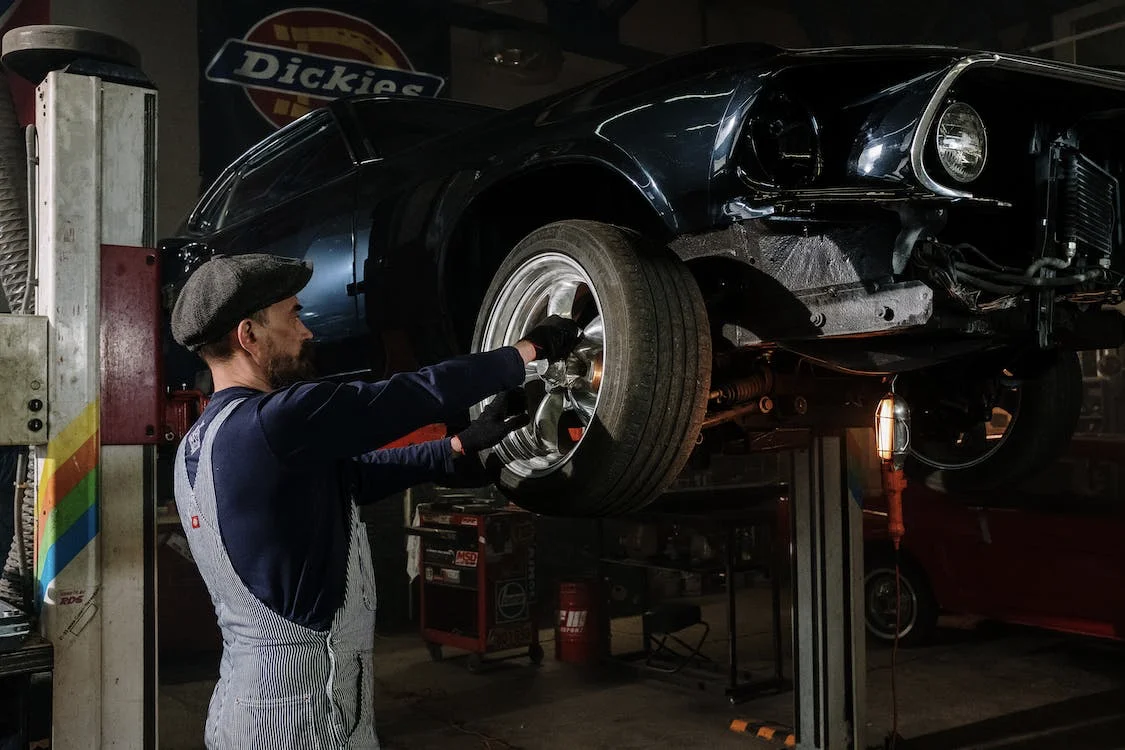 The Role Of Mileage And Age In Auto Repair Warranty Eligibility
The Role Of Mileage And Age In Auto Repair Warranty Eligibility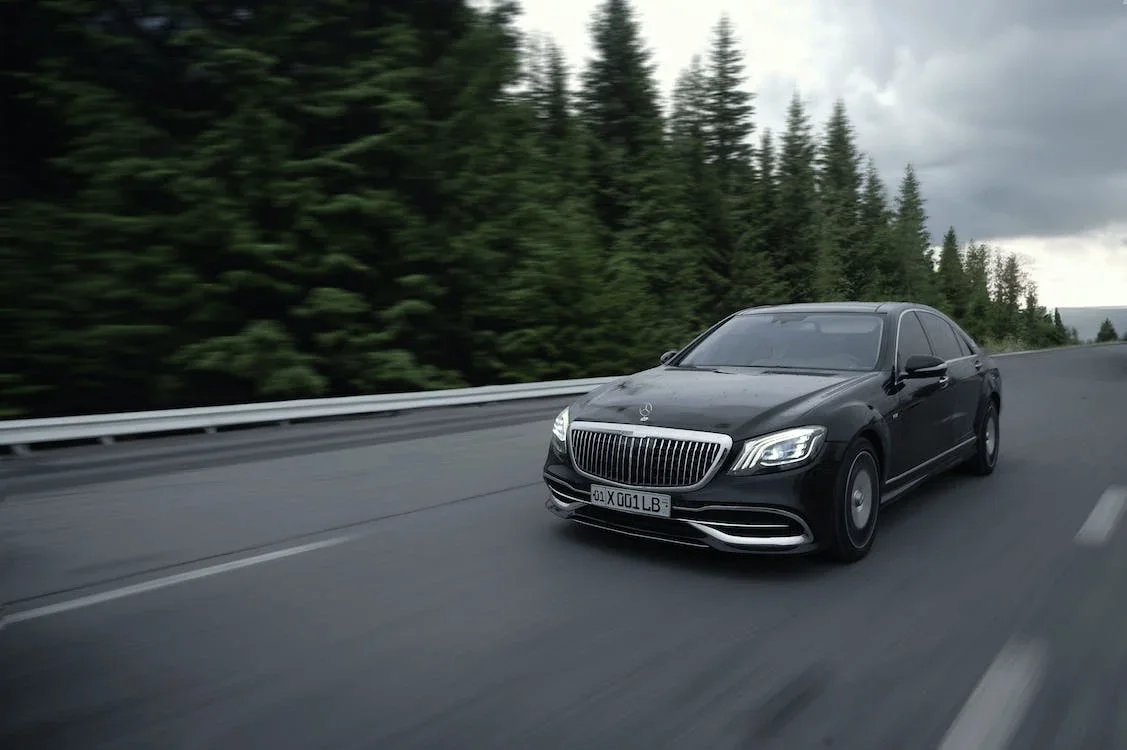 Making The Most Of Your Extended Car Warranty: Maintenance Tips
Making The Most Of Your Extended Car Warranty: Maintenance Tips A Comprehensive Guide To Extended Powertrain Warranty Coverage
A Comprehensive Guide To Extended Powertrain Warranty Coverage Common Myths About Extended Car Warranties: Setting The Record Straight
Common Myths About Extended Car Warranties: Setting The Record Straight Extended Car Warranties And The Resale Value Of Your Vehicle
Extended Car Warranties And The Resale Value Of Your Vehicle How Extended Car Warranties Can Bring Peace Of Mind To Car Owners
How Extended Car Warranties Can Bring Peace Of Mind To Car Owners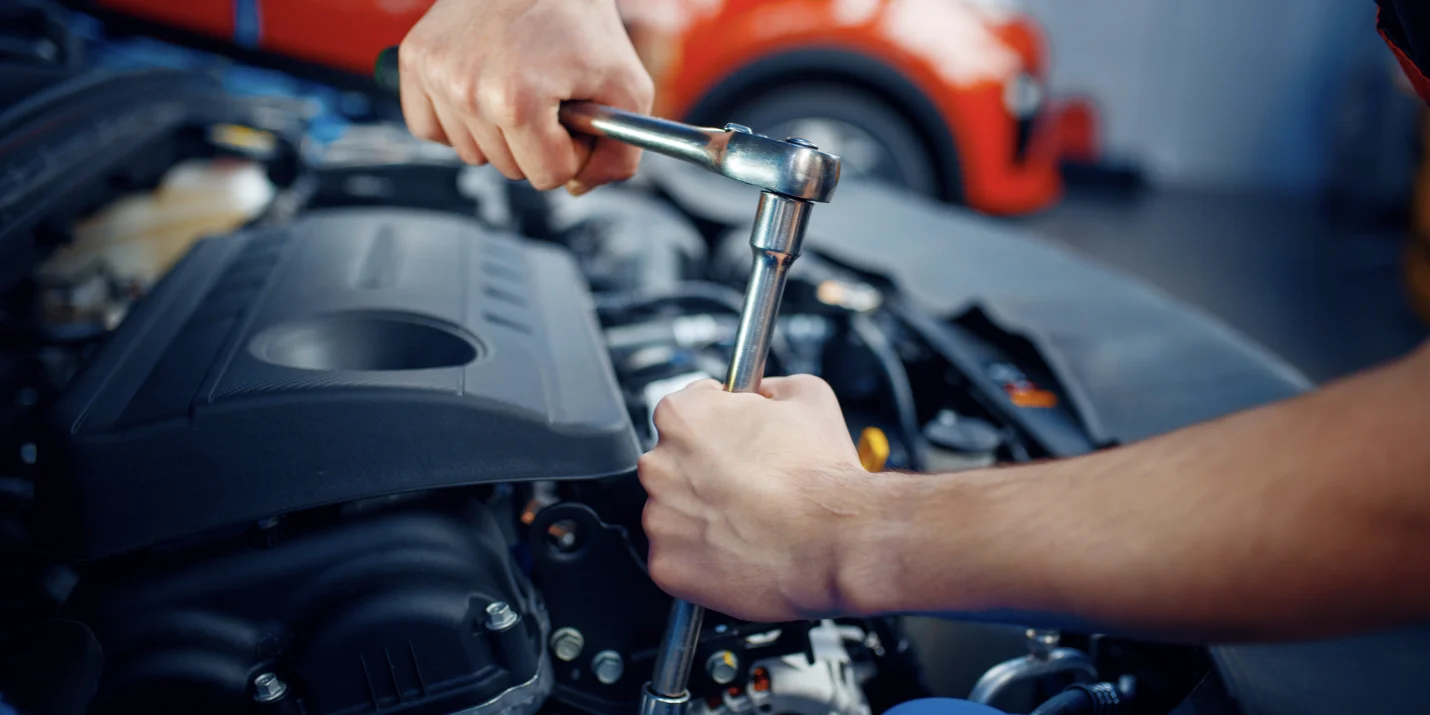 Beyond The Basics: Additional Services Offered With Some Extended Car Warranties
Beyond The Basics: Additional Services Offered With Some Extended Car Warranties Navigating The Fine Print: Common Exclusions In Extended Car Warranties
Navigating The Fine Print: Common Exclusions In Extended Car Warranties Exploring The Global Market For Extended Car Warranty Services
Exploring The Global Market For Extended Car Warranty Services Transferability And Cancellation: Managing Extended Car Warranty Changes
Transferability And Cancellation: Managing Extended Car Warranty Changes Demystifying The Coverage: What's Included In An Extended Car Warranty
Demystifying The Coverage: What's Included In An Extended Car Warranty Key Factors To Consider Before Purchasing An Extended Car Warranty
Key Factors To Consider Before Purchasing An Extended Car Warranty Is An Extended Car Warranty Worth It? Making An Informed Decision
Is An Extended Car Warranty Worth It? Making An Informed Decision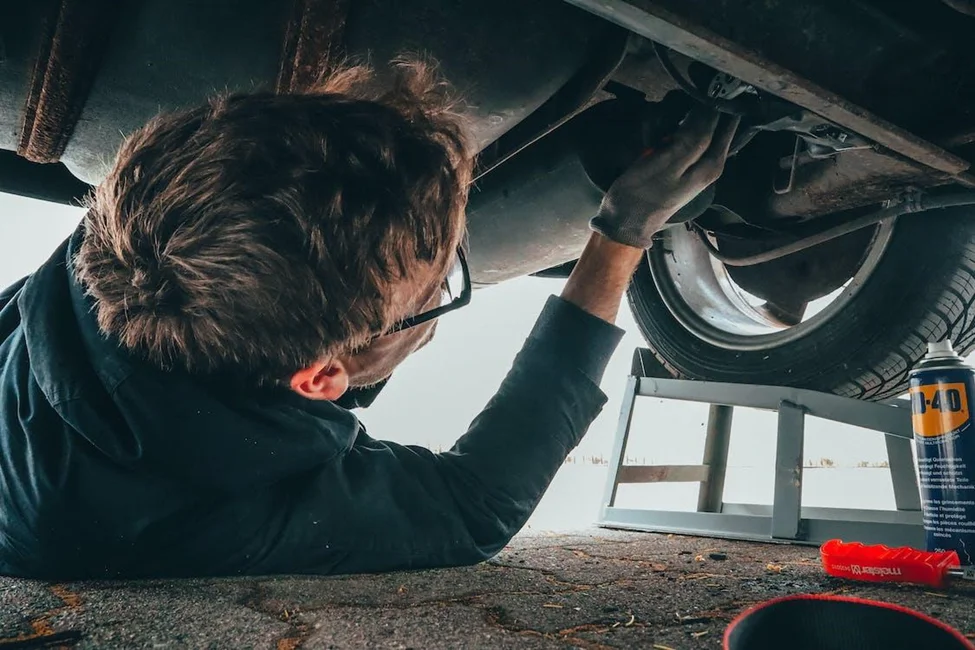 Extended Car Warranties For Used Vehicles: Advantages And Considerations
Extended Car Warranties For Used Vehicles: Advantages And Considerations Understanding The Claims Process For Extended Car Warranties
Understanding The Claims Process For Extended Car Warranties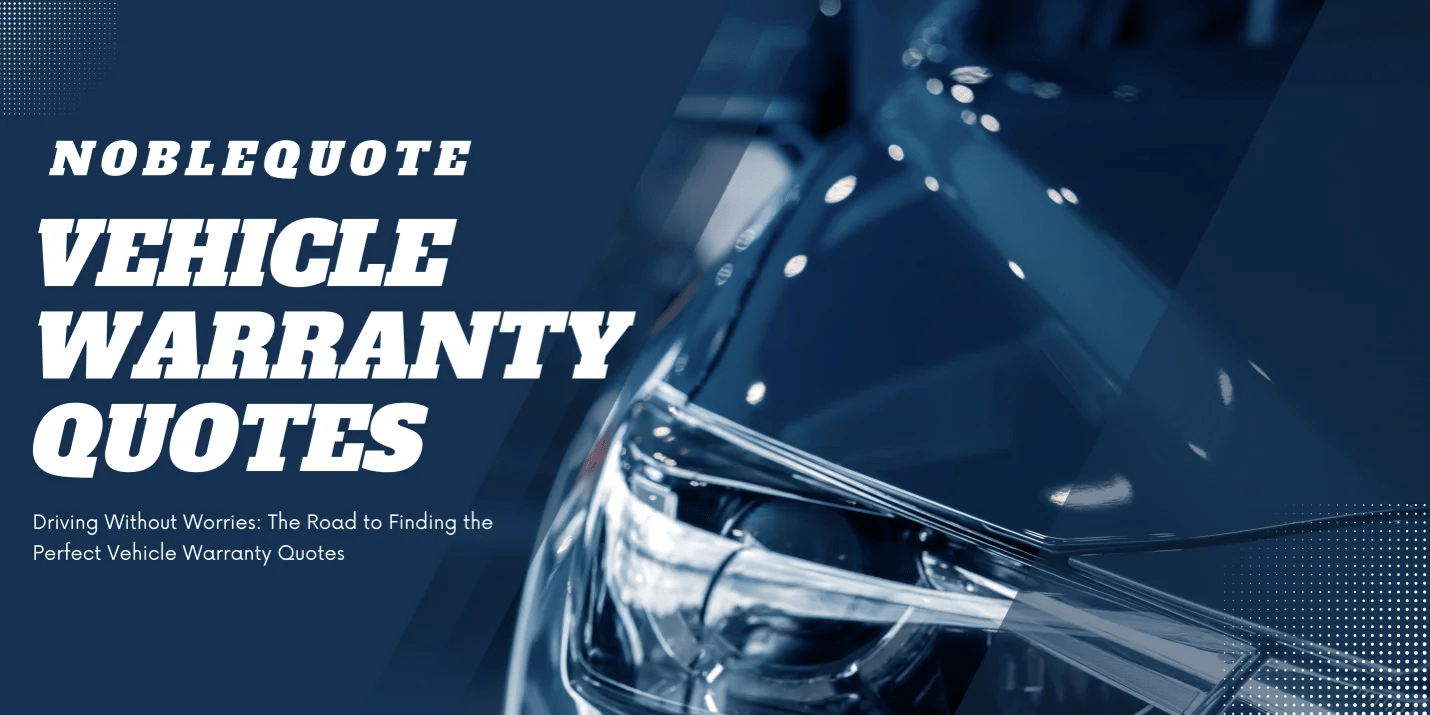 Vehicle Warranty Quotes: Learn How To Find The Best Coverage
Vehicle Warranty Quotes: Learn How To Find The Best Coverage Does an Extended Car Warranty Cover Electrical Issues?
Does an Extended Car Warranty Cover Electrical Issues?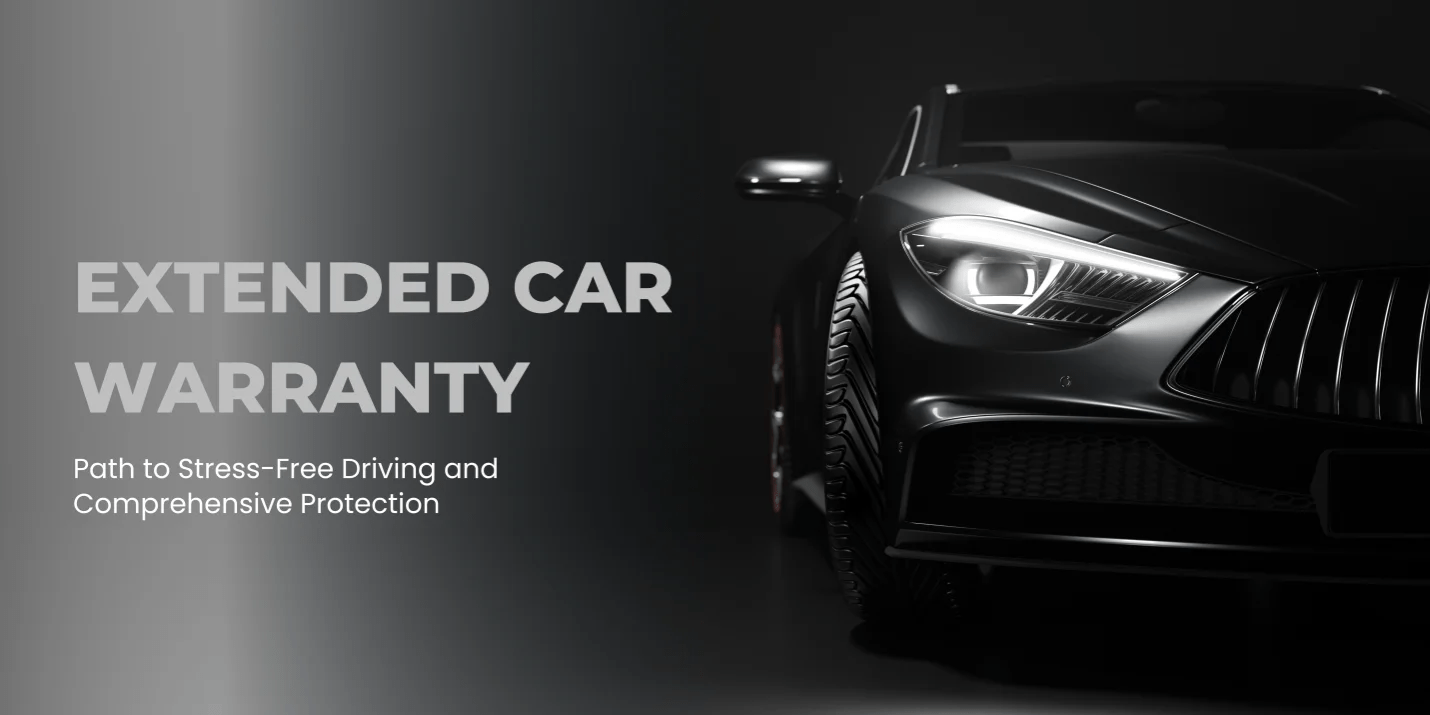 Securing Peace Of Mind: The Advantages Of NobleQuote's Extended Car Warranty
Securing Peace Of Mind: The Advantages Of NobleQuote's Extended Car Warranty Secure Your Drive With Extended Vehicle Protection
Secure Your Drive With Extended Vehicle Protection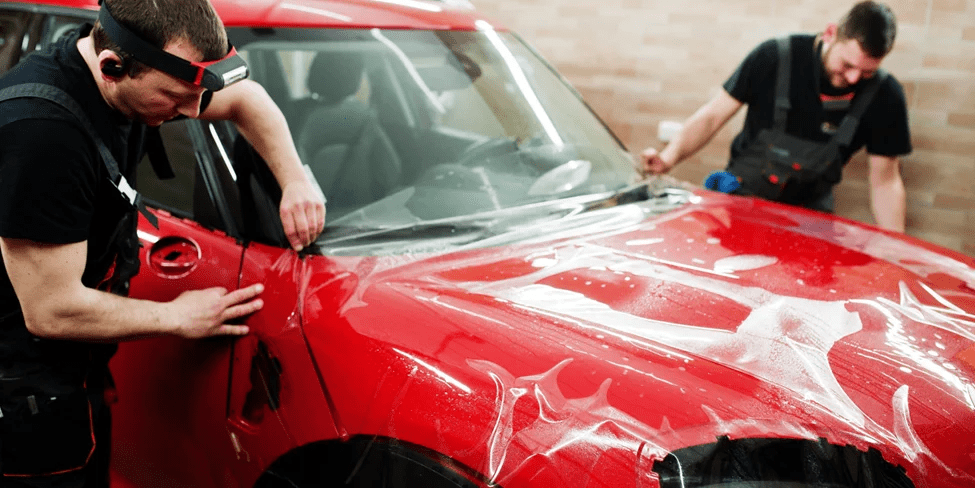 Get Comprehensive Coverage with a Superior Car Protection Plan
Get Comprehensive Coverage with a Superior Car Protection Plan Should I Buy An Extended Warranty On A Used Car?
Should I Buy An Extended Warranty On A Used Car? Unveiling The Benefits Of An Extended Car Warranty
Unveiling The Benefits Of An Extended Car Warranty Understanding Extended Car Warranties: What You Need To Know
Understanding Extended Car Warranties: What You Need To Know Exploring Different Types Of Extended Car Warranty Coverage
Exploring Different Types Of Extended Car Warranty Coverage How Extended Car Warranties Compare To Manufacturer Warranties
How Extended Car Warranties Compare To Manufacturer Warranties The Financial Impact: Evaluating The Cost Of Extended Car Warranties
The Financial Impact: Evaluating The Cost Of Extended Car Warranties
